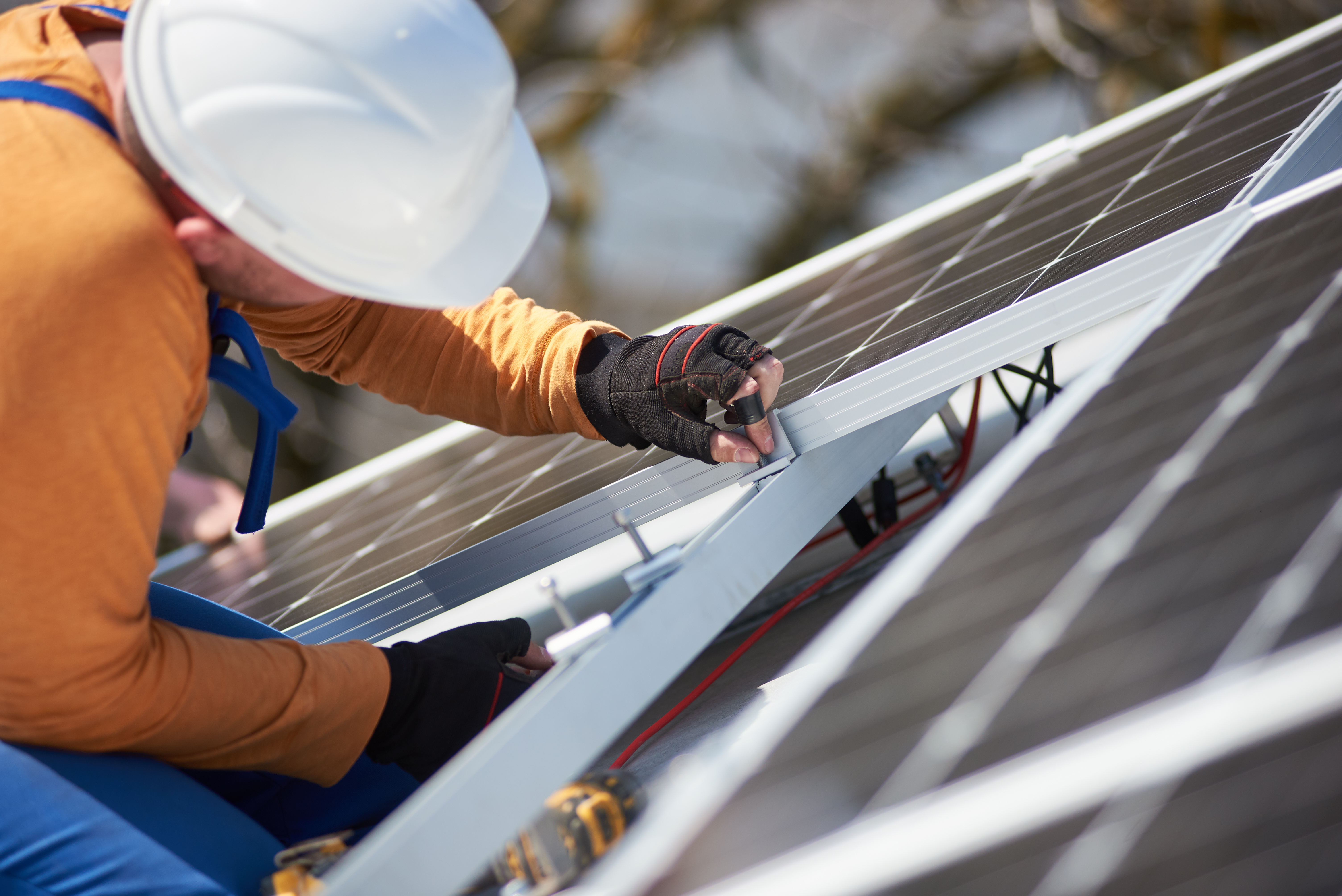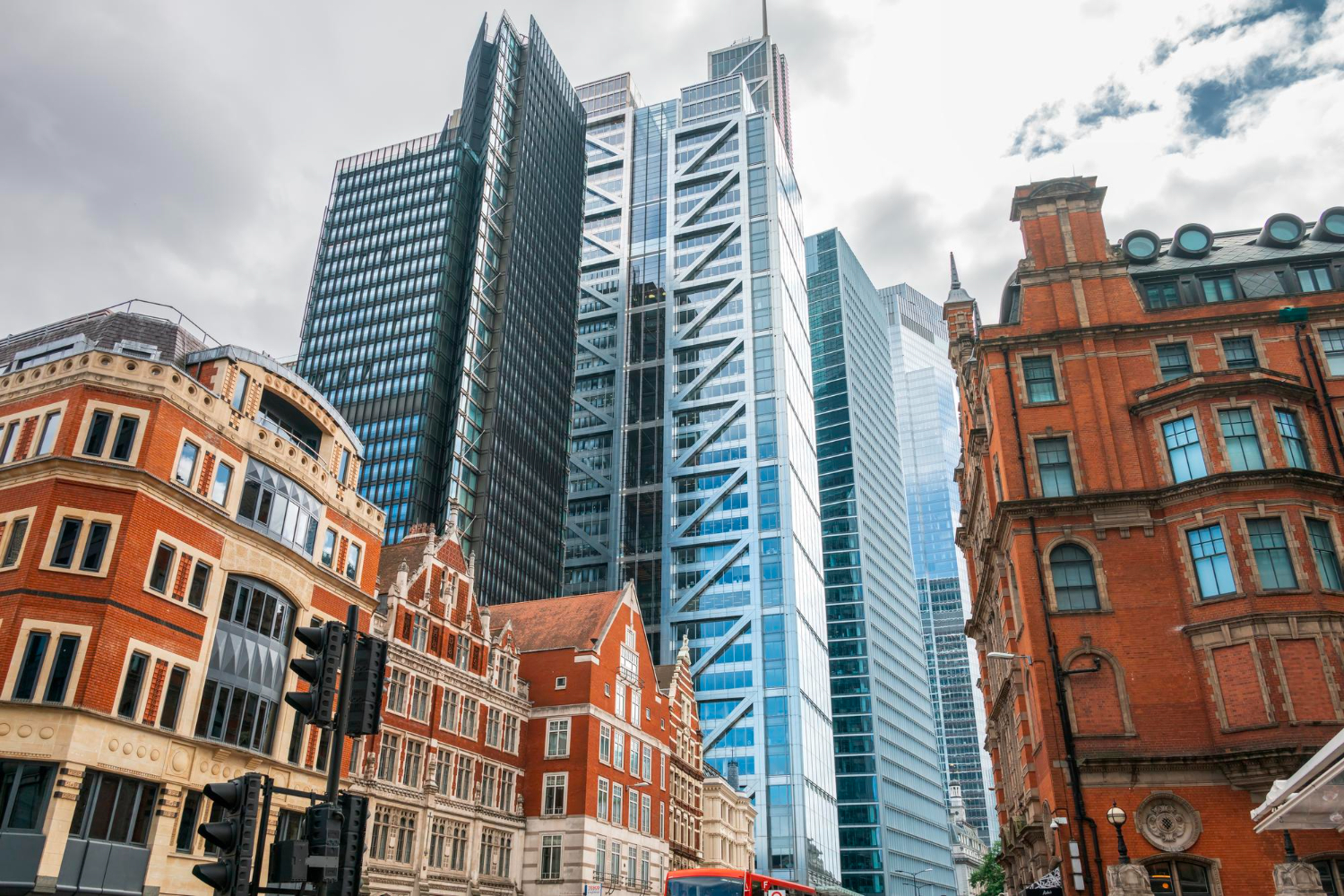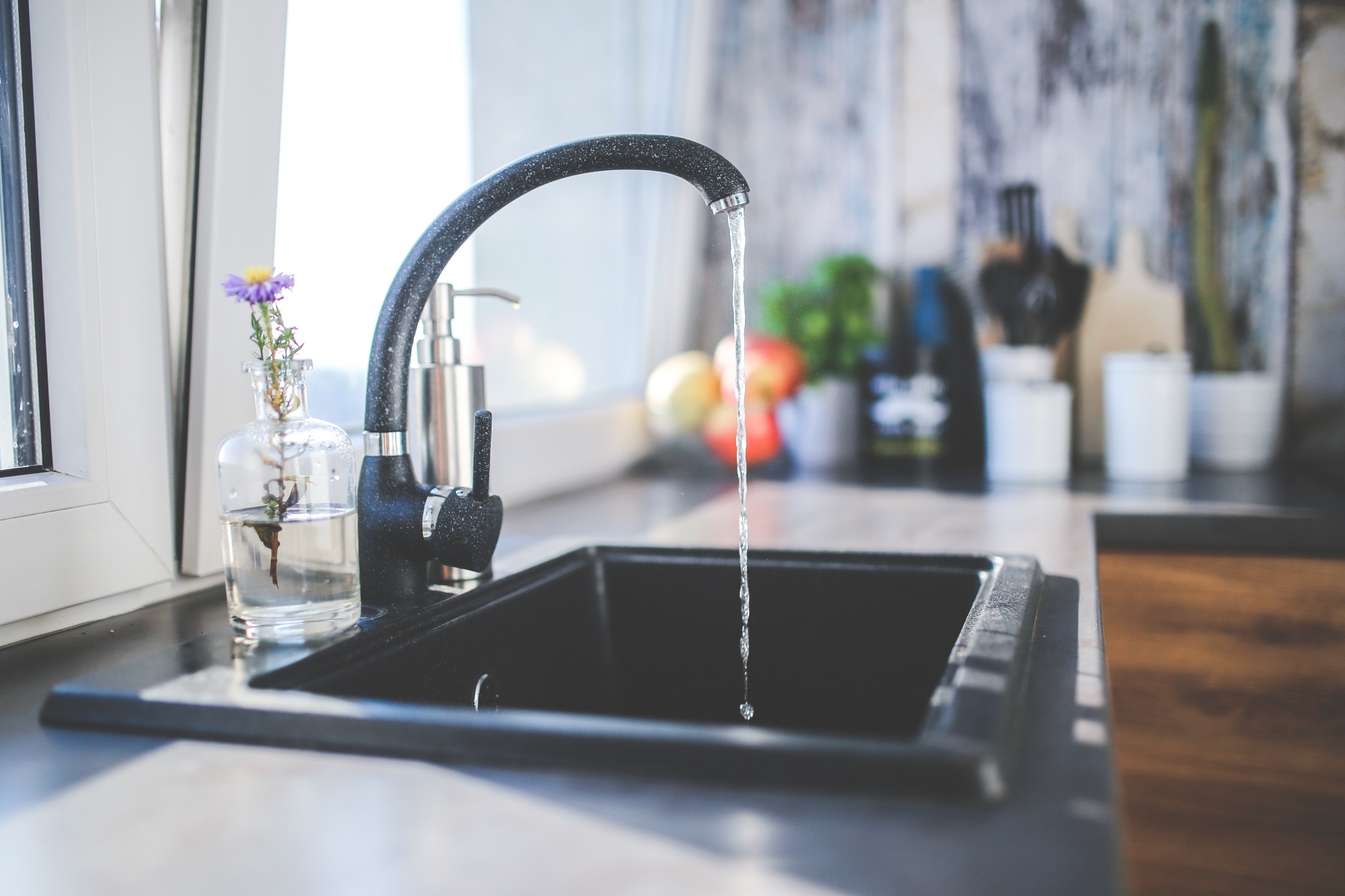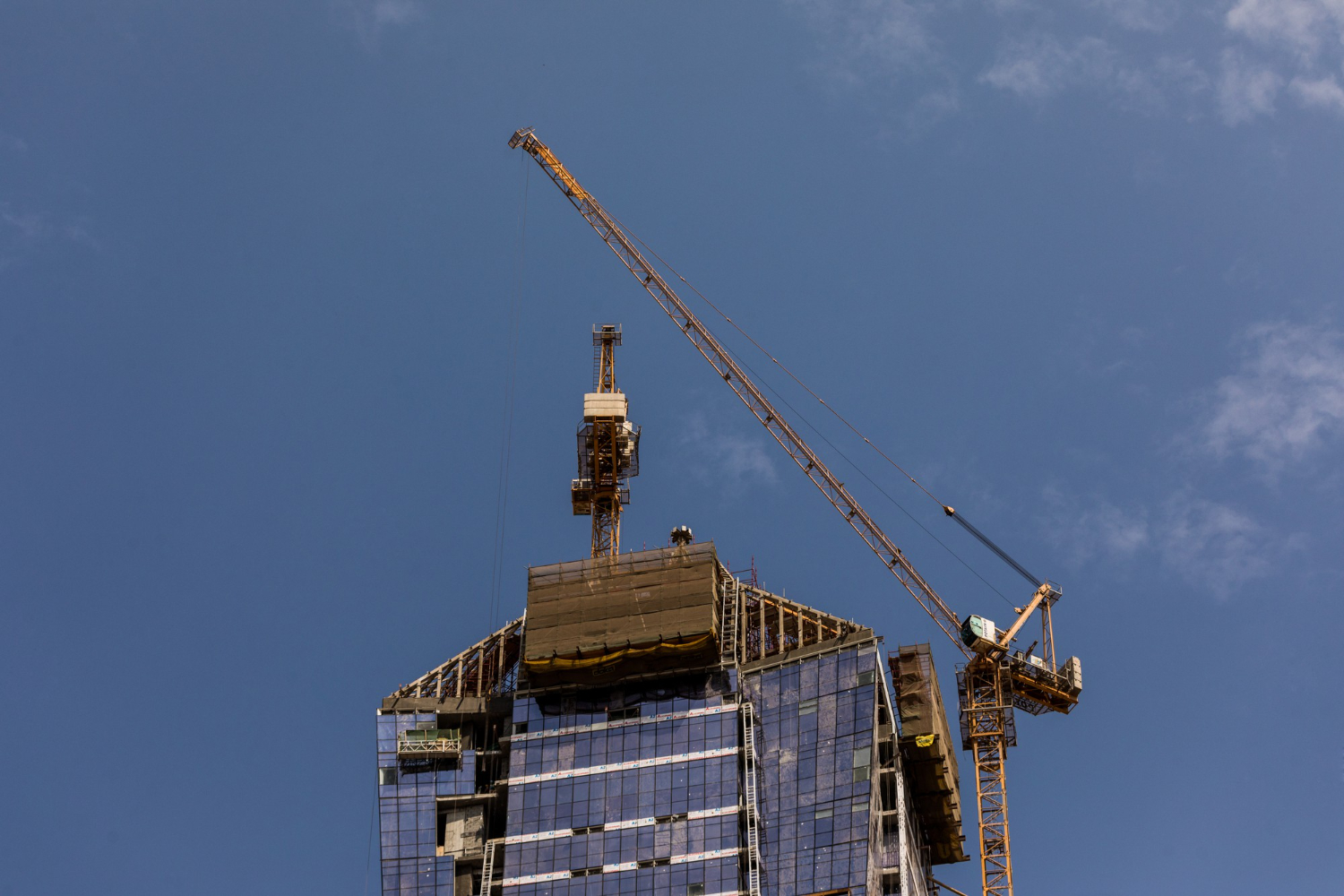

Whether you’re a property investor readying your next new-build residential block or a property manager looking to reduce costs and make your units more attractive to tenants, you must consider energy efficiency. The UK is in the midst of an energy crisis, and with consumers looking for affordable accommodation with reasonable utilities, it’s never been more important to work a sustainability strategy into your building planning and design.
We’ve put together tips on making your new-build residential block more energy-efficient.
Invest in an eco-friendly energy centre
During the early planning stages, it’s worth considering the benefits of energy centres. An energy centre will generate heat to supply to a community heating system and help you lower your energy consumption and reduce carbon emissions, allowing you to deliver greener and more sustainable heating and housing to your tenants. Well-designed energy centres should be engineered to include multiple energy sources as well as thermal stores, control systems, and a pumping and pipework network to build flexibility and offer efficiency.
Whether your residential block comprises five units or 500, centralising energy management cuts energy costs for clients and tenants. Energy centres can also lower maintenance costs: rather than responding to dozens of faults, issues can be centrally managed and resolved.
Consider solar panels
Solar energy has become increasingly popular in recent years – in 2021 alone, 730MW of new solar capacity was added thanks to new installations, an increase of 36% compared to 2020. A report from Ofgem found that the average two-person household uses approximately 2,900 kWh of electricity and 12,000 kWh of gas each year, and whilst great efforts are being made by governments, businesses and consumers to reduce overall energy consumption, solar can serve as an alternative to rising energy costs. They’re even more attractive for property management firms that offer tenants a bills-included service.
It’s possible to place solar panels on apartment buildings in any suitable, allowed spot, though it’s unlikely solar panels alone will power your entire residential block. Still, it could significantly lower energy costs for your property management company. Alternatively, energy generated by panels could be passed directly onto tenants to lower their bills, serving as an incentive to rent or purchase one of your units. Solar panels can reduce energy bills, reduce consumption of fossil-fuel-generated electricity, lower your building’s carbon footprint and increase your property value and attract new tenants. Modern renters are increasingly looking for properties with green credentials; solar panels could be a cost-effective choice.
Finally, solar panels could reduce your property’s reliance on the electrical grid. Battery storage systems can be installed, and if the grid goes down as a result of a power outage, maintenance, or emergency period, your tenants should still have access to energy.
Introduce smart meters
Although smart meters won’t have a direct impact on energy consumption or efficiency in your apartment block, they will allow you to monitor consumption. With smart meters, your tenants can track their energy usage and cost and make practical changes to lower their usage over time. Smart meters can help you identify appliances using the most energy and invest in efficient equipment. According to the Data Communications Company, there are more than 22 million smart meters connected in the United Kingdom and in the past year alone, meters have helped to save 644,184 tonnes of CO2 emissions.
Be efficient with lighting
Another cost-effective way of saving money and reducing energy consumption in your apartment block is to invest in LED bulbs, which use 90% less energy than traditional bulbs. By installing LED bulbs in all of your units and communal areas, you’ll reduce unnecessary energy waste. Motion sensors should also be considered to help lower energy bills without additional work: they can automatically turn on lights when they sense a presence and turn them off when guests are no longer there. The cost and consumption of motion sensors are more than offset by the money not wasted, typically consuming between 0.5W to 8W of energy. Over many years, sensors could save you thousands in wasted energy costs.
Think about insulation
There are lots of ways that you can manage heating in your residential apartment block, and one of those is to properly insulate your building to reduce heat loss and lower energy bills. Cavity wall insulation is perhaps the most valuable in apartments – un-insulted walls can lose around a third of the property’s heat, and cavity wall insulation will decrease the amount of heat escaping out of the walls. For apartments and flats with lofts and attic space, loft insulation should be considered, helping to trap the heat rising inside the property. It’s also worth considering draught-proofing – around 20% of heat loss is caused by ventilation around windows and doors, and draught-proof insulation is a cost-effective way to lower heating bills. Finally, when choosing double-glazing for your property’s windows, review its rating to maximise heat retention and reduce noise, especially in bustling towns and cities.
If you’re looking for support improving the energy efficiency of your new-build residential block, reach out to the team at Balance Mechanical. We offer an expansive range of mechanical and building solutions, such as energy centre design and installation, to support your objectives and ensure you deliver the best accommodation for your tenants. Give us a call on 01483 962525 today to find out more.




